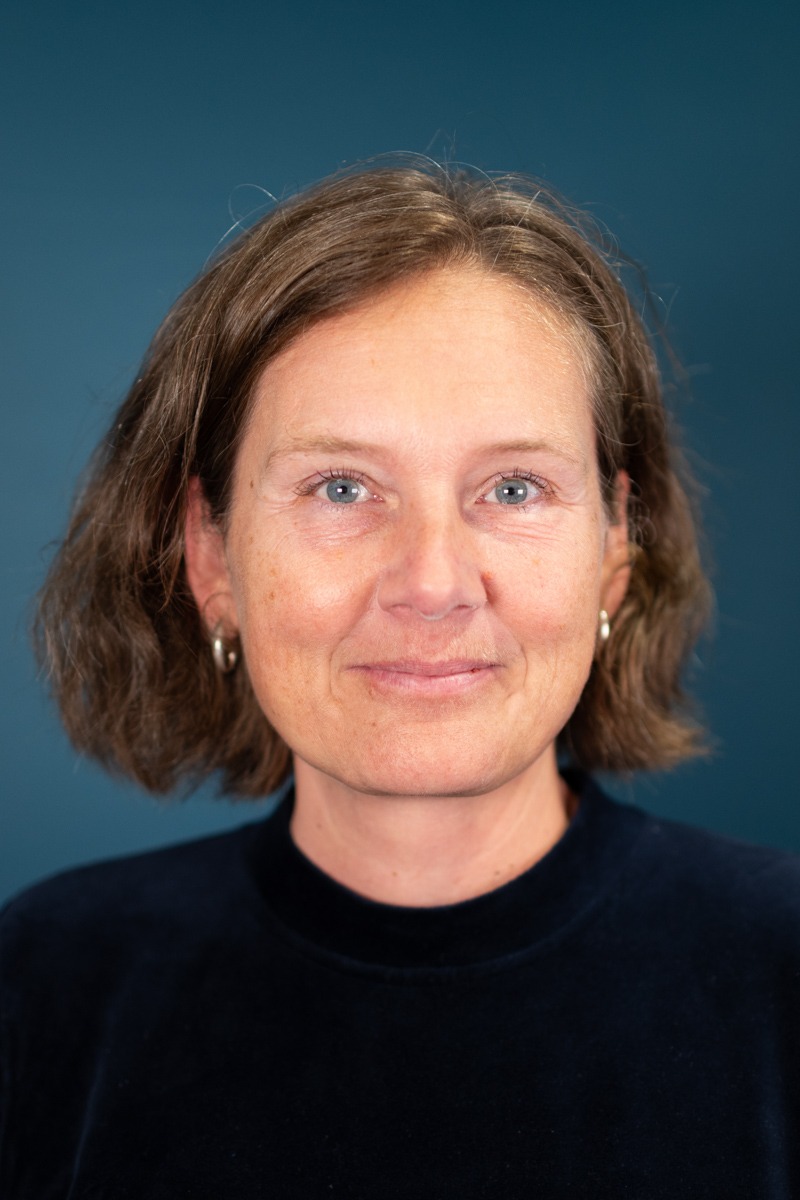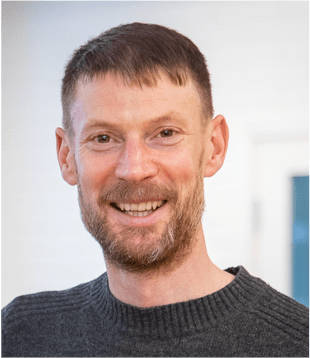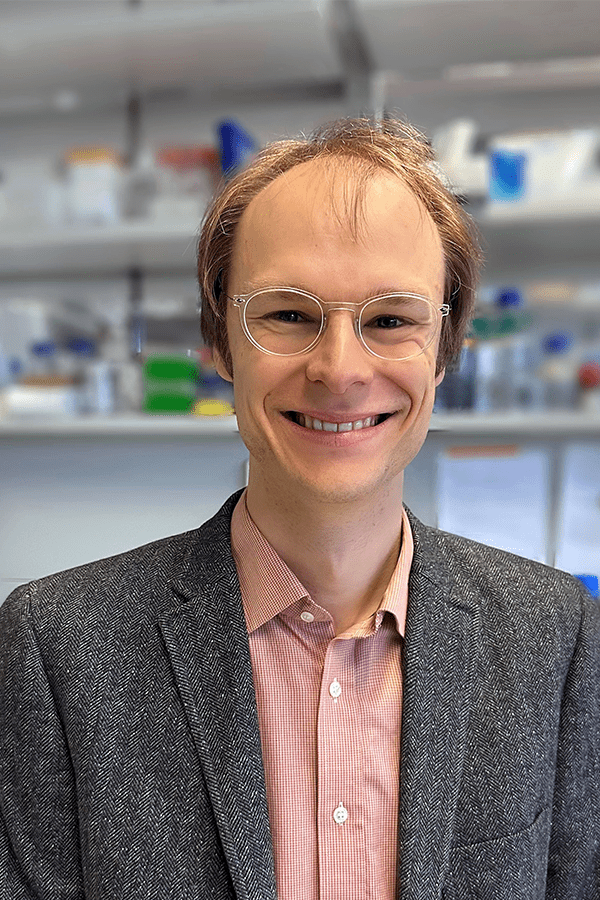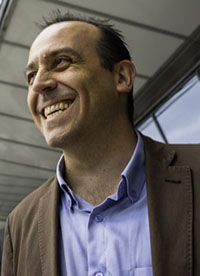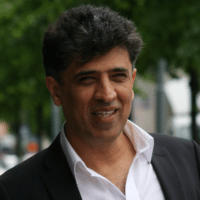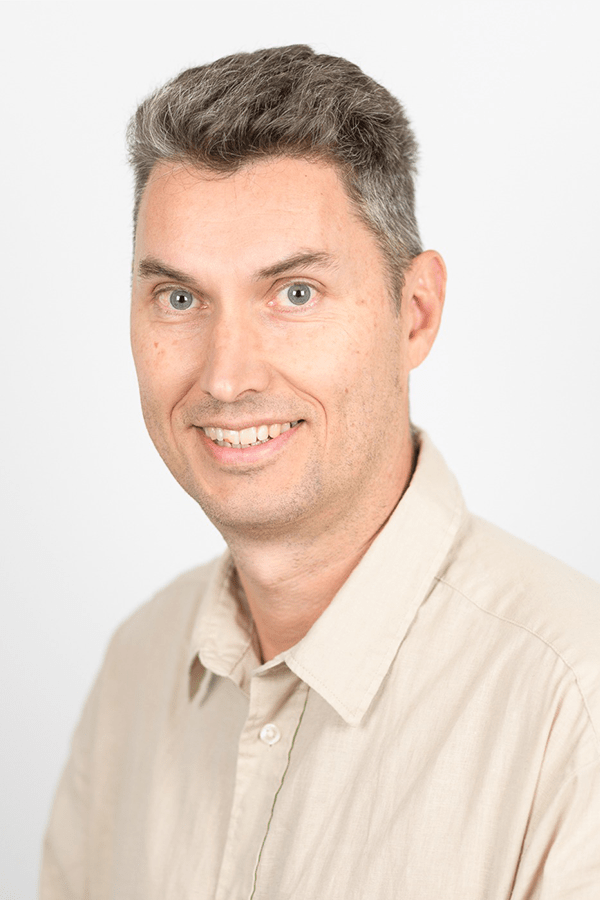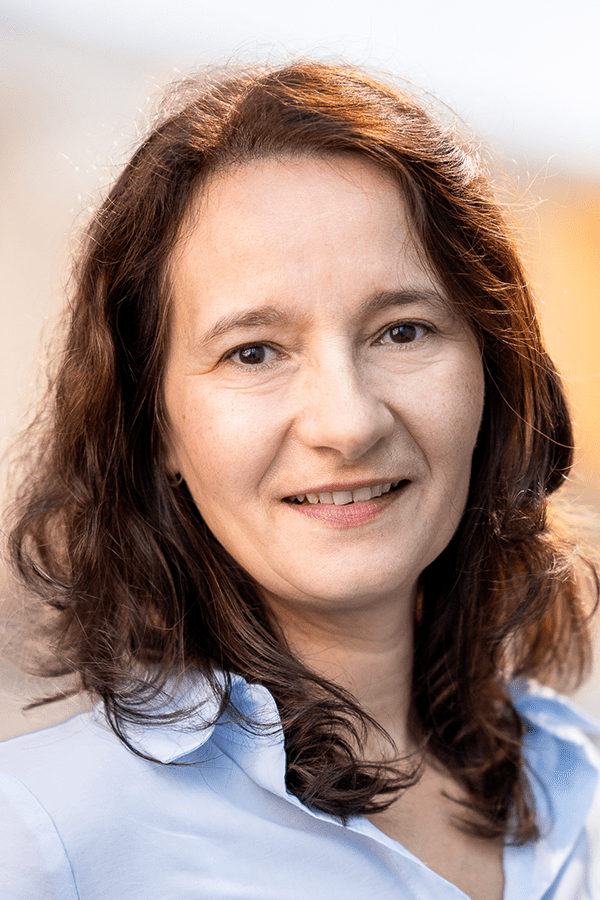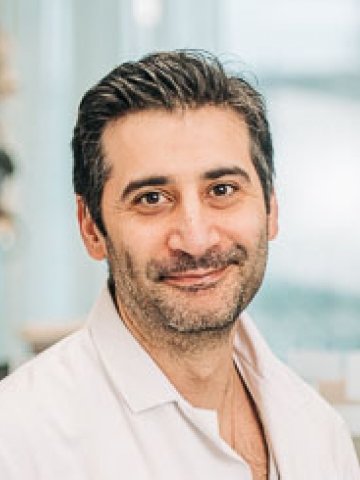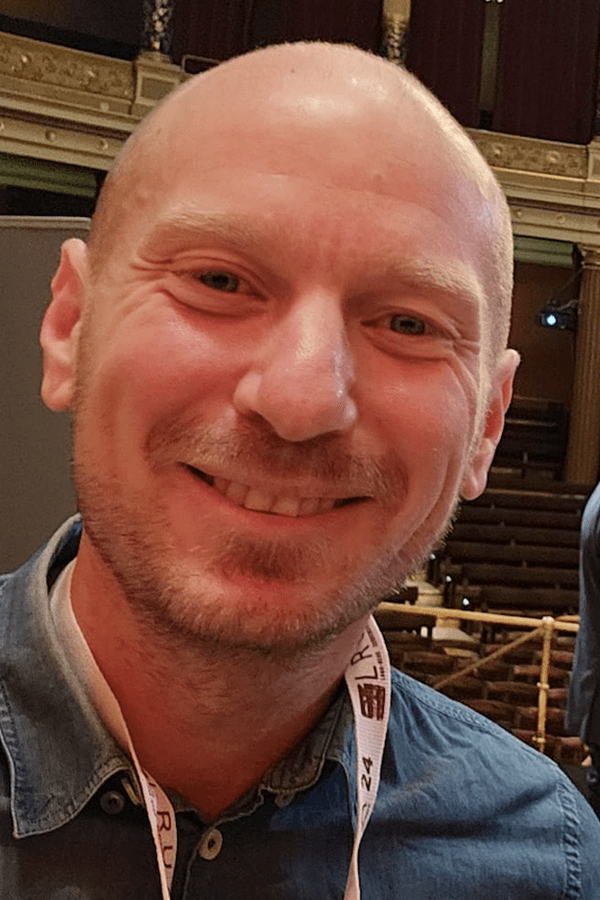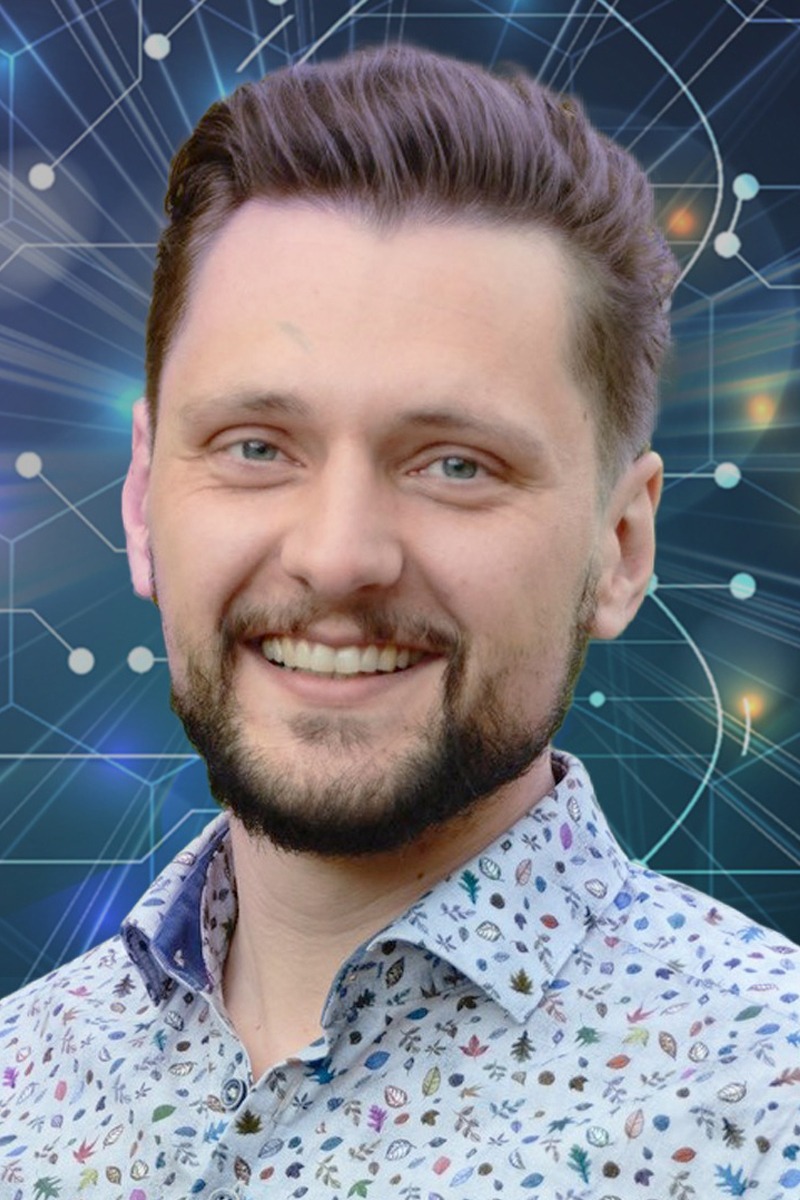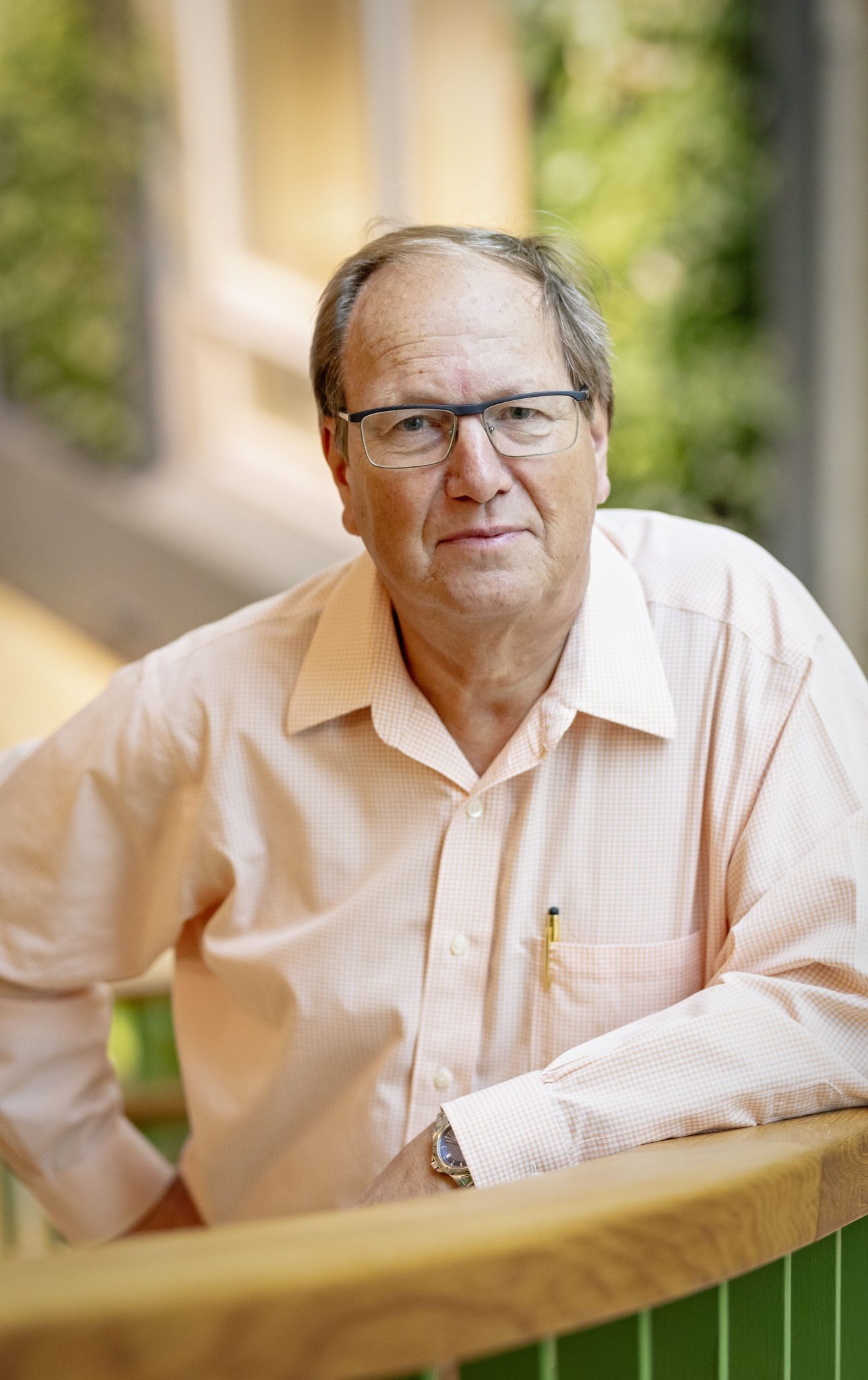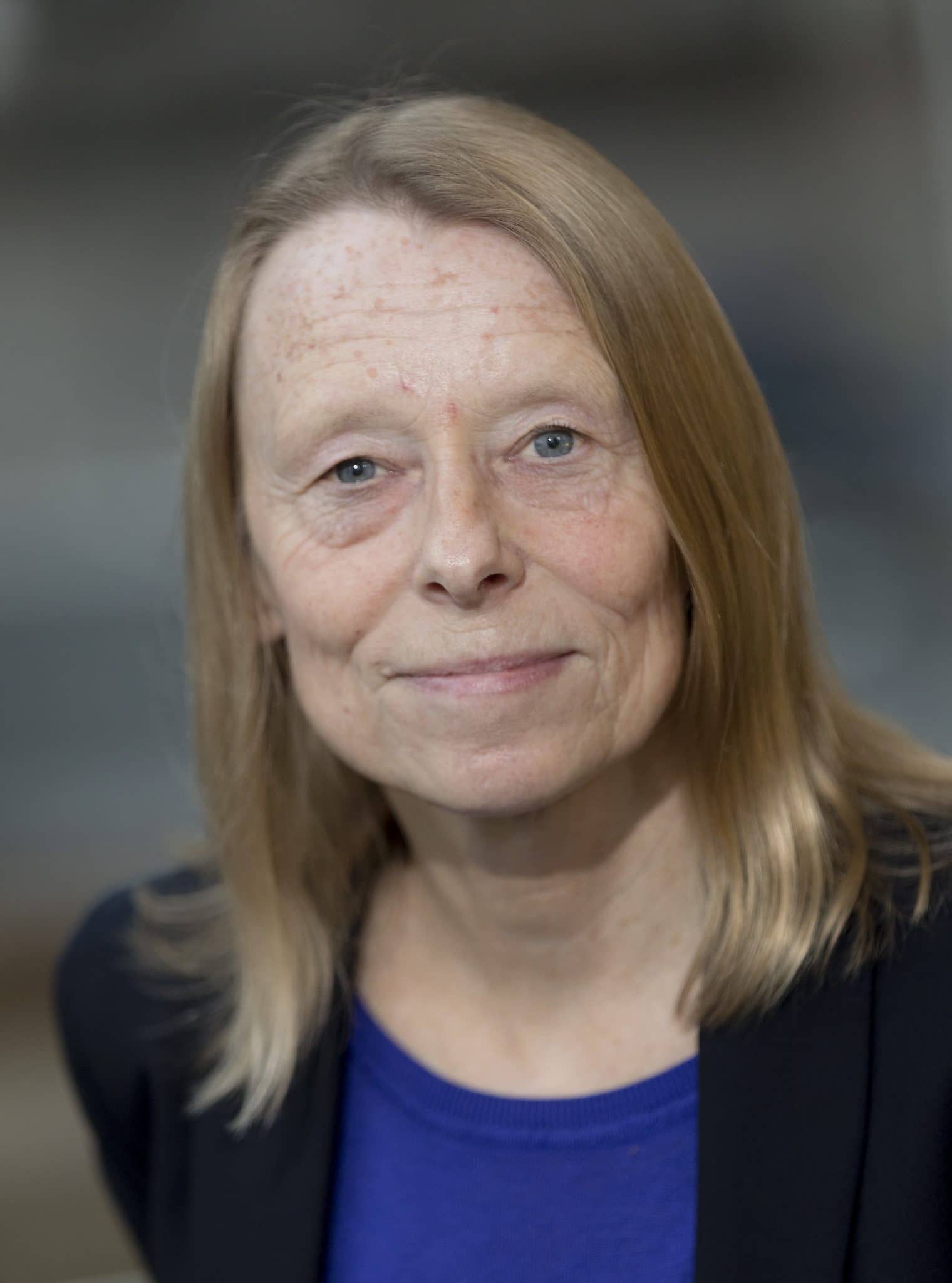Our research community
The research at SciLifeLab is performed within a broad range of life science, from understanding, diagnosing and treating diseases to microbial bioenergy production and environmental monitoring. We gather scientists across traditional department, university and sector boundaries to facilitate networking and multidisciplinary studies.
Closely intertwined with our national infrastructure, the SciLifeLab research community has a strong focus on e.g. genomics, comparative genetics, proteomics, functional biology and bioimaging – addressing research questions in a technology- and data-driven manner. SciLifeLab research groups, technology-developing infrastructure staff, strong infrastructure users as well as researchers connected to our SciLifeLab Capabilities and members of our Research Community Programs are all part of our vibrant multisite research community.
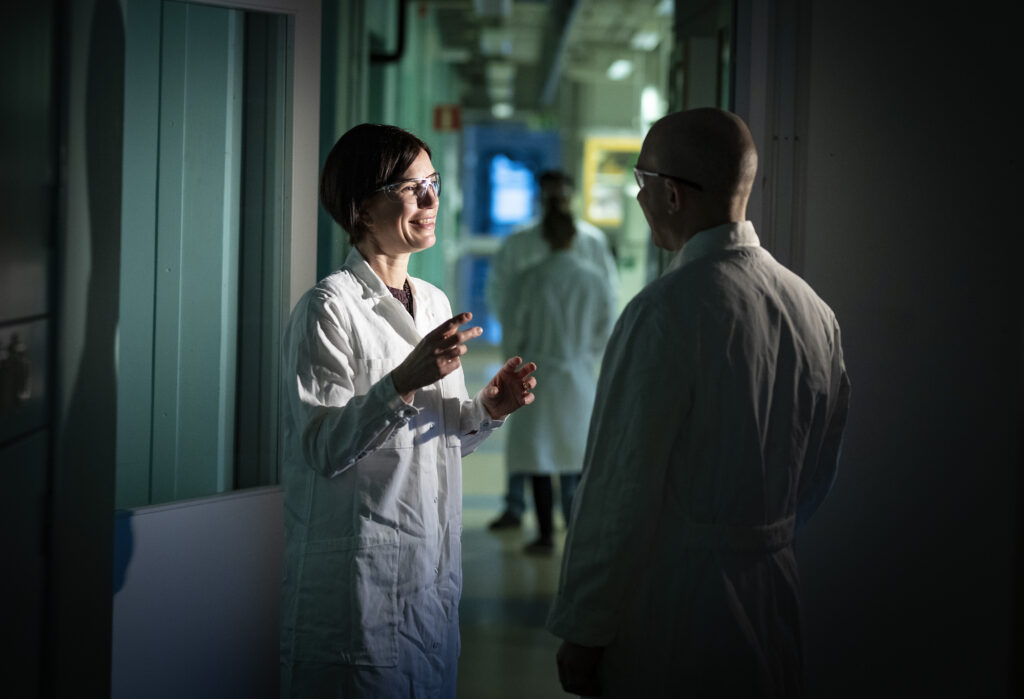
Group Leaders
Find more about our SciLifeLab Group Leaders, including SciLifeLab Fellows and DDLS Fellows, below.
Latest news
September 23, 2025
SciLifeLab’s first PULSE postdoc cohort – research in action
SEE TOP-LEVEL SCIENTIFIC SPEAKERS
Science for Life seminar series
Through our open Seminar series, made up of the SciLifeLab The Svedberg seminar series in Uppsala and the Spotlight Series in Stockholm, we bring knowledge and inspiration to life scientists. You nominate your speaker of choice – and we’ll take care of the rest.
SciLifeLab Fellows program
The SciLifeLab Fellows program is a career program aiming at strengthening Swedish research in Molecular Biosciences and on a long-term perspective lead to societal impact for Sweden. The host universities provide an advantageous economic starting package and together with SciLifeLab a strong interdisciplinary research environment in close proximity to a cutting-edge research infrastructure. The recruitment of excellent researchers in international competition provides an influx of new and fresh knowledge and ideas to drive the development of the SciLifeLab research environment.
Moreover, the SciLifeLab Fellows, who both use and develop technologies where SciLifeLab has its excellence, can strengthen both the research and technology development through collaborations with the SciLifeLab research infrastructure.
The SciLifeLab Fellows program and the strong research environment in which the Fellow is active, will increase the opportunities for individual Fellows to attract external research grants. Within the SciLifeLab Fellows program there are also great opportunities for collaboration and networking within SciLifeLab, with the host university and with Fellows from the Wallenberg Centers for Molecular Medicine.
The SciLifeLab Fellow will be an important link and ambassador between SciLifeLab and other universities in Sweden as well as abroad. The SciLifeLab Fellow is recruited by one of the host universities; Karolinska Institutet (KI), Royal Institute of Technology (KTH), Stockholm University (SU), Uppsala University (UU).
The host universities are continuously recruiting new SciLifeLab Fellows.
DDLS Fellows program
The DDLS Fellows program is a career program aiming at accelerating the data-driven paradigm shift in life sciences in Sweden. All DDLS fellows have a strong computational profile and primarily utilizes and advances computational methods, including machine learning and AI, to analyze and interpret large-scale biological datasets. Their focus is on extracting new insights, patterns, and predictions from complex data sets, often involving multiple data types and sources, to fundamentally advance understanding in biology and medicine.
The program, coordinated by SciLifeLab will host, in total, 39 outstanding early career group leaders as DDLS fellows. 20 fellows are recruited during the first phase and the remaining 19 during the second phase of the program.
The fellows, that will receive a generous financial package to start their own research groups, will be recruited to the 11 participating host universities/organizations, enabling them to link up with both the strong local research environments as well as with the national DDLS program. They will be also engaged in cultivating a strong, interdisciplinary community of researchers working with the rapidly expanding resources and needs of open data in life sciences.
Each Fellow will belong to one of the following DDLS strategic data-driven research areas:
- Cell and molecular biology
- Evolution and biodiversity
- Precision medicine and diagnostics
- Epidemiology and biology of infection
Meet some of our DDLS Fellows
Integration & introduction for SciLifeLab Fellows
The Integration & Introduction document for the SciLifeLab Fellows’ program is aimed to support the Fellows’ program, including recruitment, follow-up and exit processes, i.e. a reference guide for all involved stakeholders. It’s not a formal steering document, rather, it builds on other, previous decisions and university agreements.
PULSE Postdoctoral program
SciLifeLab PULSE is a comprehensive postdoctoral program, that will train 48 future leaders in life sciences. PULSE focuses on innovative, fundamental and translational research carried out in supportive and diverse academic and industrial environments, preparing postdocs with necessary skills for long-term career sustainability.
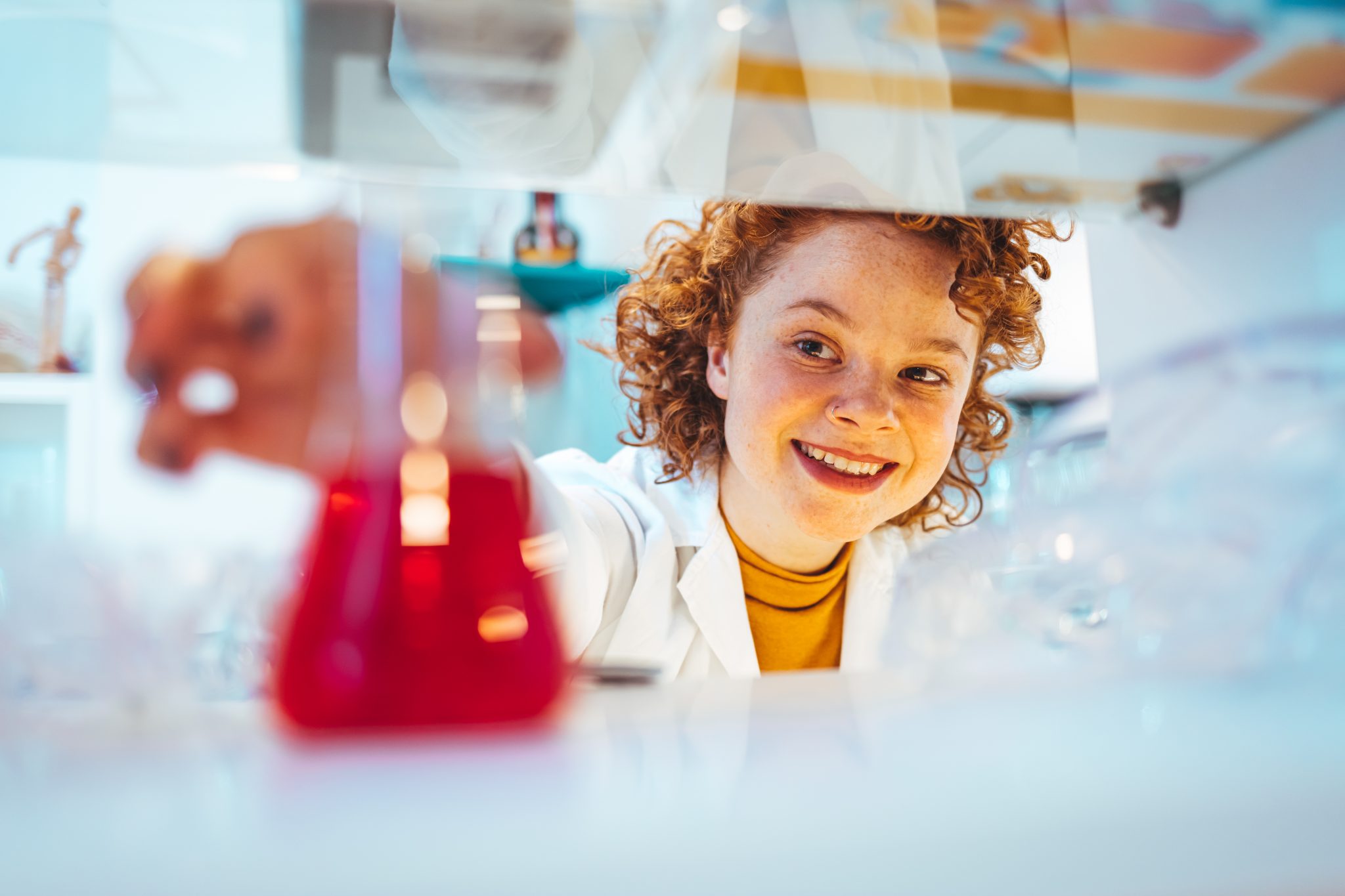
REACHING OUT
Collaboration & Partnering
Based on the advanced technologies available at SciLifeLab, our External relations office promotes and facilitates collaboration and knowledge exchange with academic, industrial, healthcare and international research communities. In the External relations section, you can also read more about ongoing collaborative initiatives.
JOB OPENINGS
Work with us!
All of our SciLifeLab sites are dynamic and ambitious workplaces for us who value coworking, networking and I-can’t-believe-it’s-already-time-to-leave-working. Our careers page compiles open SciLifeLab-based positions at Swedish universities, from PhD-positions to infrastructure staff scientists to event managers.
Research Community Programs (RCPs)
To facilitate internationally competitive, cutting-edge collaborative research across Sweden, SciLifeLab supported seven Research Community Programs (RCPs) – networks that connected top researchers with each other and with the SciLifeLab infrastructure, 2019-2023.
The seven RCPs were selected through an open call process and granted funding from SciLifeLab for coordination, scientific interaction and community building around their respective research areas. RCPs remain as open communities for new qualified members and new technologies to be included.
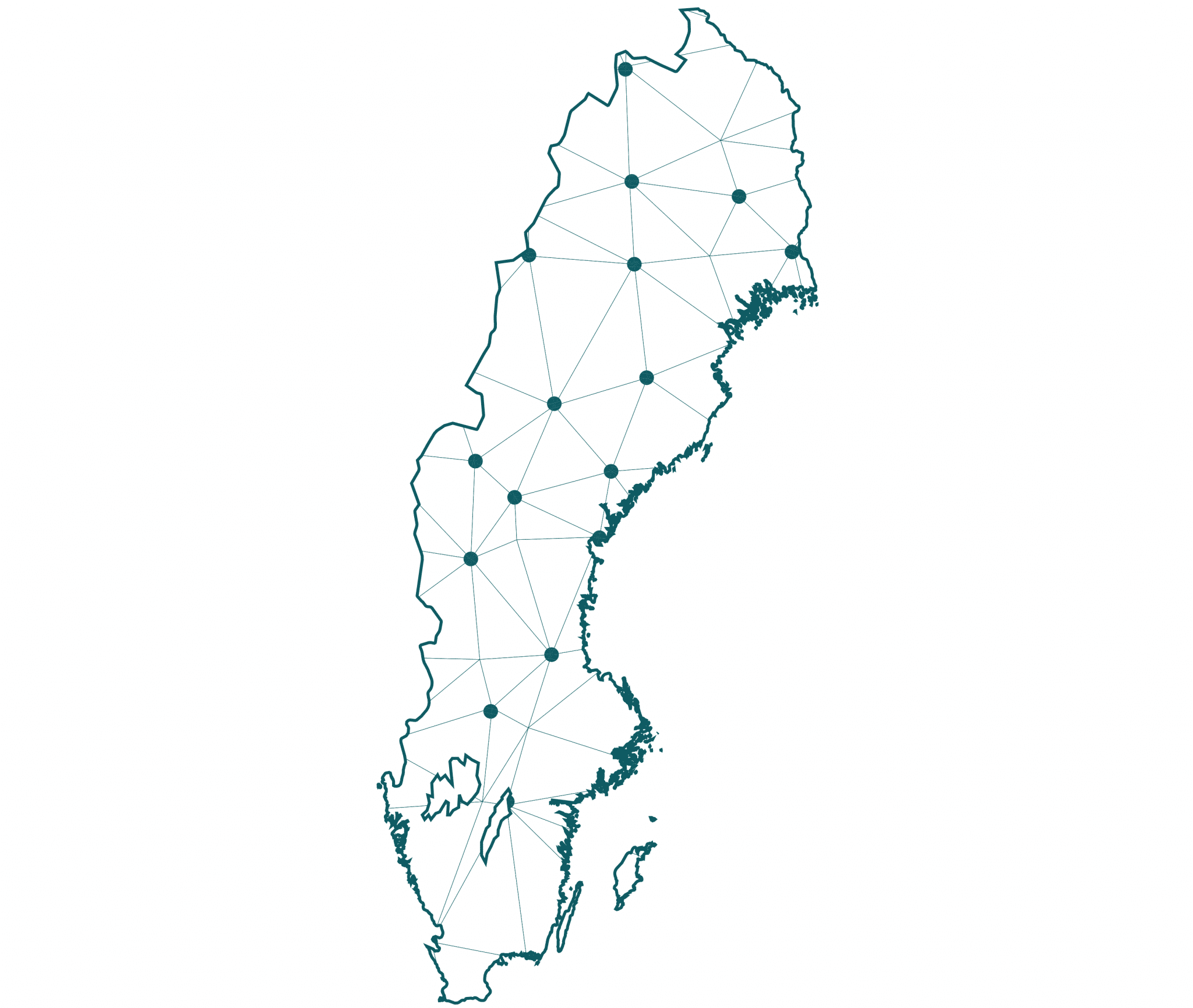
Coordinating Pi: Richard Rosenquist Brandell
Co Coordinating Pi: Patrick F. Sullivan; Sarah Bergen; Paul Franks; Maria Gomez
Number Of Participating Pi S At Start: 11
Affiliation Of Key Participants:
Karolinska Institute; Gothenburg University; Karolinska University Hospital; KTH Royal Institute of Technology; Linköping University; Lund University; Lund University Hospital; Umeå University Hospital; Uppsala University; Uppsala University Hospital; Örebro University; Örebro University Hospital
Contact: info@genomicmedicine.se
In this SciLifeLab Research Community Program, researchers from all over Sweden are brought together working on large-scale genomics as a way to understand the causes of complex genetic diseases (e.g. cardiovascular, metabolic, neurological, autoimmune, allergic and psychiatric diseases) as well as to help improve treatment. Our primary goal is to connect the community to take the next step for complex diseases in precision medicine. This is a joint program between the Genomic Medicine Sweden (GMS) initiative and the Genomic Aggregation Project in Sweden (GAPS). These initiatives have worked separately up to this point, but there are clear advantages to combining efforts. The goal of GMS is to develop new infrastructures within Swedish healthcare enabling clinical implementation of genomic medicine for individualized diagnosis and treatment, i.e. precision medicine. Ultimately, GMS will improve healthcare, strengthen Swedish research, and provide a foundation for innovation and collaboration with the private sector. We will build upon the infrastructures already existing within SciLifeLab for high-throughput sequencing (NGI/Clinical Genomics) and bioinformatics (NBIS). In the past 3 years, GAPS has brought together research groups from across Sweden who study the genetic basis of common diseases. We have aggregated existing genomic data from over 100,000 Swedes and have deep connections to groups doing similar work across Europe but especially in the Nordic countries. The primary focus of GMS is rare diseases, cancer, and infectious diseases. Together with GAPS and the Swedish community working on complex diseases, the next step for GMS will be to extend the scope and also include complex diseases, with the objective to bring precision medicine to the clinic.
More about Genomic Medicine Sweden (GMS) and Genomic Aggregation Project in Sweden (GAPS). The Working group on complex diseases within GMS is active and new members can join through them. Please contact info@genomicmedicine.se.
Coordinating Pi: Stefan Bertilsson
Co Coordinating Pi: Rachel A Foster
Number Of Participating Pi S At Start: 28
Affiliation Of Key Participants:
Uppsala University; Stockholm University; Chalmers University of Technology; Gothenburg University; KTH Royal Institute of Technology; Linnaeus University; Swedish University of Agricultural Sciences; Umeå University
Contact: Stebe@ebc.uu.se
caroline.littlefield@ebc.uu.se
Aquatic Microbiome Research Initiative (AMRI) bring together Swedish researchers and technology competence centers in a collaborative effort to advance our understanding of one of the earth’s largest biomes: the aquatic microbial world. Activities within AMRI are focused on the following broader themes, each led by a coordinator: microbial biogeography across and within aquatic biomes (Jarone Pinhassi), functional diversity (Anders Andersson), microbial interactions and evolution (Rachel A Foster) and microbes as ecosystem engineers (Stefan Bertilsson). Planned AMRI activities include an annual ‘All Hands’ meeting, quarterly workshops on specific technologies and topics such as single cell analyses, advanced isotope analyses and imaging, envioronmental genomics and metabolomics. We will also enable short-term student/postdoc research exchanges, promote the initiation of collaborative joint pilot experiments, and build platforms for shared data analysis, protocols and best practices. The long-term goal is to coordinate research on the organization and functioning of microbial landscapes and provide an active network for expanding Swedish research beyond regions or local laboratories. AMRI is an open platform and new researchers are encouraged to contact coordinators and/or AMRI project assistant, Caroline Littlefield Karlsson (caroline.littlefieldkarlsson@lnu.se), for more information.
References
Bunse, C. and J. Pinhassi (2017). Marine bacterioplankton seasonal succession dynamics. Trends in Microbiology. 25(6):464-505
Hugerth et al (2015). Metagenome-assembled genomes uncover a global brackish microbiome. Genome Biology 16:e279
Smith et al (2017). Microbial formation of labile organic carbon in Antarctic glacial environments. Nature Geoscience.10(5): 356-359
Bravo et al (2017). Molecular composition of organic matter controls methylmercury formation in boreal lakes. Nature Communications. 8:e14255
Program active as part of SciLifeLab Planetary Biology capability, and community open for new participants to get engaged.
Coordinating Pi: Kristian Pietras
Co Coordinating Pi: Anna Dimberg
Number Of Participating Pi S At Start: 5
Affiliation Of Key Participants:
Lund University; Uppsala University; Karolinska Institute; KTH Royal Institute of Technology; Linköping University Hospital; Stockholm University; Norrlands University Hospital
Contact: kristian.pietras@med.lu.se
Cancer arises as a consequence of a series of genetic alterations in any of the more than 200 specialized cell types of our body. Through these genetic changes, cancer cells may evade the strict control of cell division and form a tumor. Recent studies highlight the importance of communication between cancer cells and their surrounding tissue (the tumor microenvironment) to enable a tumor to develop into a clinically manifested disease. Various cell types in the tumor microenvironment provide a range of factors that promote the initiation of cancer, fuel the growth of malignant cells, facilitate the spread of the disease and make tumors resistant to treatment. The Swedish Tumor Microenvironment (STorM) network leverages the power of thirty internationally leading research groups in the field spanning across the entire country. The overarching aim of the program is to identify novel communication pathways within the tumor microenvironment that can be exploited as cancer drug targets and biomarkers. The program will foster cross-disciplinary studies which optimally combines experimental studies in cell and animal models, correlative analyses of clinical samples, and cutting-edge technology.
From 2024, STorM continues as an active and open community, for new members to join.
Coordinating Pi: Joakim Lundeberg
Co Coordinating Pi: Emma Lundberg
Number Of Participating Pi S At Start: 5
Affiliation Of Key Participants:
KTH Royal Institute of Technology; Karolinska Institute; Stockholm University; Uppsala University
Contact: joakim.lundeberg@scilifelab.se
The RCP project is organized around Human Developmental Cell Atlas initiative, located and managed at SciLifeLab. The Human Developmental Cell Atlas procures human fetal samples and process them according to the highest ethical and technical standards; performs single cell RNA-seq and spatial analyses on these samples; performs computational analyses to discover cell types, model their activity, build the 3D atlas, and store and disseminate the data; ensure that all ethical, experimental and computational procedures are aligned and integrated with the international Human Cell Atlas. In particular this RCP focus’ on assembling expertise at Swedish Universities for analysis and annotation of developmental tissue from brain, lung and heart. The consortium aims to accelerate research into human biology and disease, and strengthen Swedish science by building on our very strong position in single-cell genomics, proteomics and infrastructures.
Coordinating Pi: Oscar Fernández-Capetillo
Co Coordinating Pi: Karin Forsberg Nilsson
Number Of Participating Pi S At Start: 8
Affiliation Of Key Participants:
Lund University; Uppsala University; Gothenburg University; Karolinska Institute; KTH Royal Institute of Technology
Website: phenotarget.se
The low success rate of drug approvals despite the ongoing enormous technological developments calls for an urgent improvement of the drug discovery workflow. Disease-relevant models, phenotypic screening and target ID technologies, are three key aspects in this process. However, several challenges such as access to biological starting points, difficult assay development, or the high cost of target ID, often hamper the forward development of efficient drug discovery. To address these challenges, and to impact precision medicine in a collaborative and efficient manner, we have initiated the the Phenotypic Drug Discovery in Human Disease RCP. Through annual meetings, workshops and lab exchange programs, we will engage research groups and units in areas comprising (i) disease-relevant models, (ii) assay design and development of phenotypic screens, and (iii) chemical proteomics technologies and alternative target ID methods, to ultimately improve the state-of-the-art drug development workflow and increase the number of drugs successfully approved. The Phenotypic Drug Discovery in Human Disease RCP was concluded with a network meeting in January 2024.
Coordinating Pi: Mathias Uhlén
Co Coordinating Pi: Cecilia Lindskog
Number Of Participating Pi’s At Start: 9
Affiliation Of Key Participants: KTH Royal Institute of Technology, Uppsala University; Chalmers University of Technology; Karolinska Institute; Lund University
Contact: mathias.uhlen@scilifelab.se
The Human Protein Atlas (HPA) program is an effort to map all human proteins in cells, tissues and organs using integration of various omics technologies, including antibody-based imaging, mass spectrometry-based proteomics, transcriptomics and systems biology. All the data in the knowledge resource is open access to allow free exploration of the human proteome (1). HPA is part of various international initiatives (2) and it involves SciLifeLab groups at KTH, KI, SU, Uppsala University, Lund University and Chalmers. The program has contributed to several thousands of publications in the field of human biology and disease and was recently selected by the organization ELIXIR as a core database of fundamental importance for the life science community. The Protein Atlas consists of three separate parts, each focusing on a particular aspect of the genome-wide analysis of the human proteins; the Tissue Atlas (3), the Cell Atlas (4) and the Pathology Atlas (5).
References
- Uhlen et al (2010). Towards a knowledge-based human protein atlas. Nature biotechnology. 28, 1248
- Uhlen et al (2016). A proposal for validation of antibodies. Nature Methods. 13: 823-7
- Uhlen et al (2015). Tissue-based map of the human proteome. Science 347: 1260419
- Thul et al (2017). A subcellular map of the human proteome. Science 356 (6340): eaal3321
- Uhlen et al (2017). A pathology atlas of the human cancer transcriptome. Science 357 (6352)
Coordinating Pi: Alexey Amunts
Co Coordinating Pi: Ilaria Testa
Number Of Participating Pi’s At Start: 8
Affiliation Of Key Participants:
Stockholm University; KTH Royal Institute of Technology; Gothenburg University; Karolinska Institute; Lund University; Umeå University; Uppsala University
The program for Molecular Interactions was established to account for the complex dynamics of the cellular phenomena and to explore a therapeutic potential of studied macromolecules. The program brought together 23 research groups complemented by molecular biology orientated units including cryo-EM, super-resolution imaging, protein production, proteomics and drug discovery that set up to provide the needed research infrastructure. To further develop technological innovations and support translational opportunities, the program bridged partnerships with the MAX IV laboratory and leading pharma companies AstraZeneca and Sobi. Taken together the program has provided an environment for conducting fundamentally important research and training.
